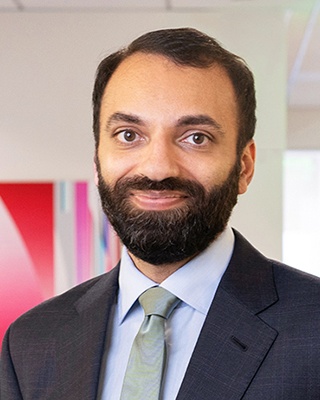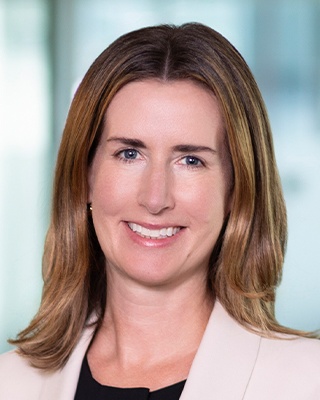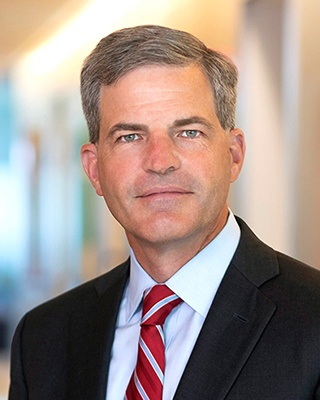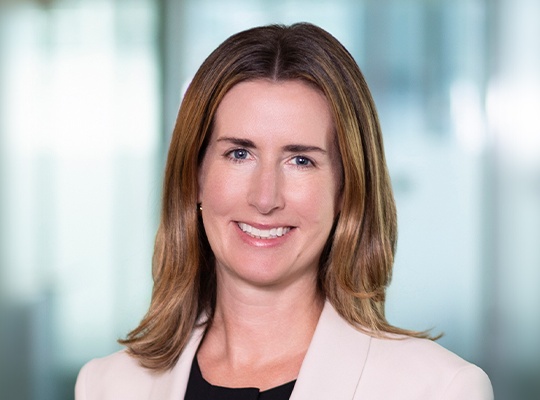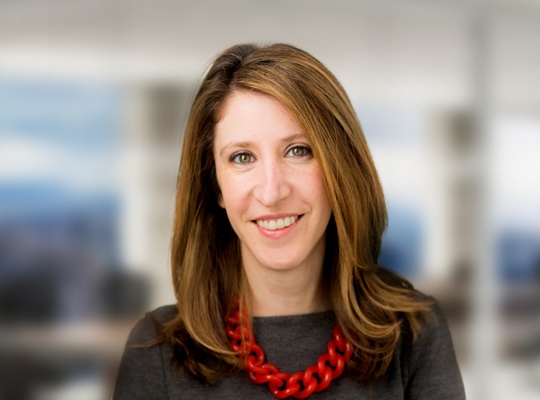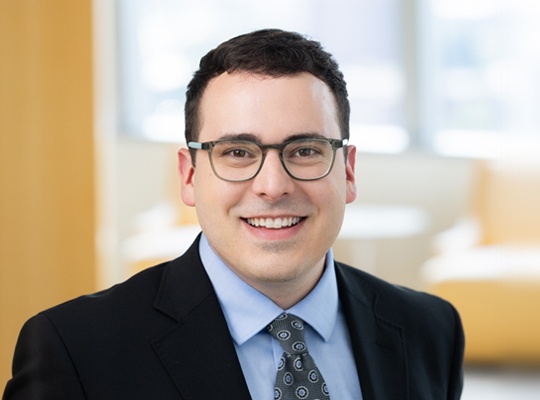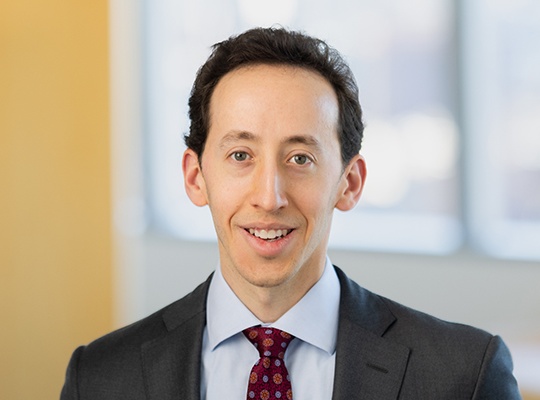Key Takeaways
Ninth Circuit review of Uber’s non-consolidation clauses in an MDL context could generate new precedent on the enforceability of similar clauses and shape how parties may seek to structure or limit coordinated proceedings through terms of use and other pre-litigation agreements.
On October 4, 2023, the Judicial Panel on Multidistrict Litigation (“JPML”) granted plaintiffs’ petition for a multidistrict litigation (“MDL”) to centralize cases alleging that Uber failed to implement appropriate safety precautions to prevent sexual assault and harassment of passengers. A year later, on October 8, 2024, the Ninth Circuit heard argument on unique parallel challenges to the MDL.
First, in a mandamus petition, Uber argued that the JPML erred by creating an MDL in the Northern District of California before Judge Charles R. Breyer. See Uber Techs. Inc., et al. v. U.S. Jud. Panel on Multidistrict Litig., No. 23-3445 (9th Cir.). Uber contends that (1) individual questions of law and fact predominate, and (2) a non-consolidation clause in Uber’s terms of use (“TOU”) barred plaintiffs from seeking an MDL in the first place. Challenges to JPML decisions are rare, as both parties noted at oral argument. Orders granting centralization may be challenged only by mandamus petition, and a 2021 law review article found only a single instance of a court reversing a transfer order since the MDL statute was enacted in 1968.
Second, Uber has asked the Ninth Circuit to overturn the MDL court’s denial of a motion to dismiss based on the same non-consolidation clause in its TOU, which states that users may pursue sexual assault and harassment claims against Uber “on an individual basis only” and not in any consolidated proceeding. See Uber Techs. Inc., et al. v. U.S. Jud. Panel on Multidistrict Litig., No. 24-5063 (9th Cir.). The MDL has proceeded in parallel with Uber’s challenge to the creation of the MDL. In a May 2023 order in the transferee court, Judge Breyer declined to enforce the non-consolidation clause, holding that doing so would “undermine the express public policy of Congress embodied in Section 1407,” the MDL statute. In its interlocutory appeal of that order, Uber points to case law in which courts have enforced similar contractual clauses that shape the manner and scope of litigation, including arbitration clauses, forum-selection clauses, choice-of-law provisions, and class-action waivers.
Oral argument largely focused on the procedural and jurisdictional issues raised by the dual appeals, including which judicial body should have the power to dismiss or transfer cases subject to the TOU: the district court or the JPML. The three-judge panel similarly wrestled with the relationship between the two appeals, questioning whether the challenge to the district court’s TOU order was an “end-run” around the more demanding mandamus standard that governs the JPML’s transfer order. Resolution of these and other questions raised by the appeal will impact not only the direction of the Uber MDL but also how mobile app and other companies approach similar TOU agreements with consumers relating to dispute resolution and pre-trial procedures.

